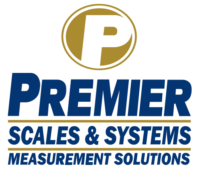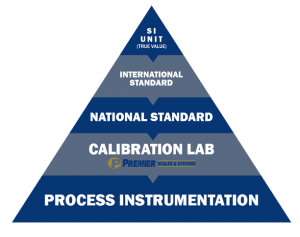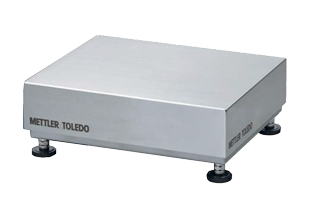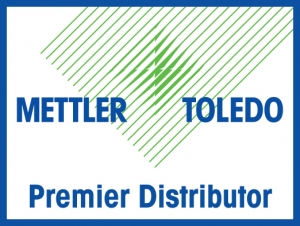Why Traceability in Calibration is Vital
to the Pharmaceutical Industry
In the pharmaceutical industry, precision is paramount. Accurate measurements are essential to ensure the efficacy and safety of medications. This is where the importance of traceability in scale and balance calibration comes into play. Let’s delve into why traceability is so vital to this sector and how it supports the industry’s stringent requirements.
What is Traceability in Calibration?
Traceability in calibration refers to the ability to link measurements back to a reference standard, typically through a documented unbroken chain of calibrations. This chain ensures that every measurement is consistent with national or international standards, providing confidence in the accuracy and reliability of the instruments used.
The Importance of Traceability
in the Pharmaceutical Industry
1. Ensuring Accuracy and Precision
In pharmaceuticals, even the smallest measurement error can lead to significant issues, including ineffective or harmful products. Traceability ensures that scales and balances are calibrated against recognized standards, maintaining the highest level of accuracy and precision required in drug formulation and production.
2. Compliance with Regulatory Standards
The pharmaceutical industry is heavily regulated to protect public health. Agencies like the FDA, EMA, and WHO have stringent guidelines for calibration practices. Traceability is a fundamental requirement for compliance with these standards, ensuring that all measurements are accurate and reliable, and that they meet regulatory scrutiny during inspections and audits.
3. Enhancing Quality Control
Quality control is critical in pharmaceutical manufacturing. Traceable calibration ensures that all equipment used in the process consistently produces accurate results. This consistency is crucial for maintaining the high quality of pharmaceutical products, preventing costly recalls and safeguarding the company’s reputation.
4. Supporting Research and Development
Accurate measurements are essential not only in manufacturing but also in research and development. Traceable calibration ensures that the data obtained from experimental processes is reliable, facilitating the development of new drugs and therapies. This reliability accelerates innovation while ensuring that new products meet the necessary safety and efficacy standards.
5. Ensuring Patient Safety
Ultimately, traceability in scale and balance calibration is about patient safety. Accurate measurements ensure that medications are produced with the correct dosages, minimizing the risk of adverse effects and ensuring therapeutic efficacy. This reliability is crucial for maintaining public trust in pharmaceutical products.
Implementing Traceable
Calibration Practices
To implement effective traceable calibration practices, pharmaceutical companies should:
Use Accredited Calibration Services: Ensure that calibration services are accredited by recognized bodies, providing confidence in the accuracy and traceability of the measurements.
Maintain Detailed Documentation: Keep comprehensive records of all calibration activities, including certificates of calibration, to demonstrate traceability and compliance during audits.
Regularly Calibrate Equipment: Implement a regular calibration schedule to maintain the accuracy of scales and balances, preventing drift and ensuring ongoing reliability.
Conclusion
Traceability in scale and balance calibration is not just a regulatory requirement; it is a cornerstone of quality assurance in the pharmaceutical industry. By ensuring the highest levels of accuracy and reliability, traceable calibration supports the production of safe, effective medications, ultimately protecting patient health and maintaining the integrity of the pharmaceutical supply chain.








